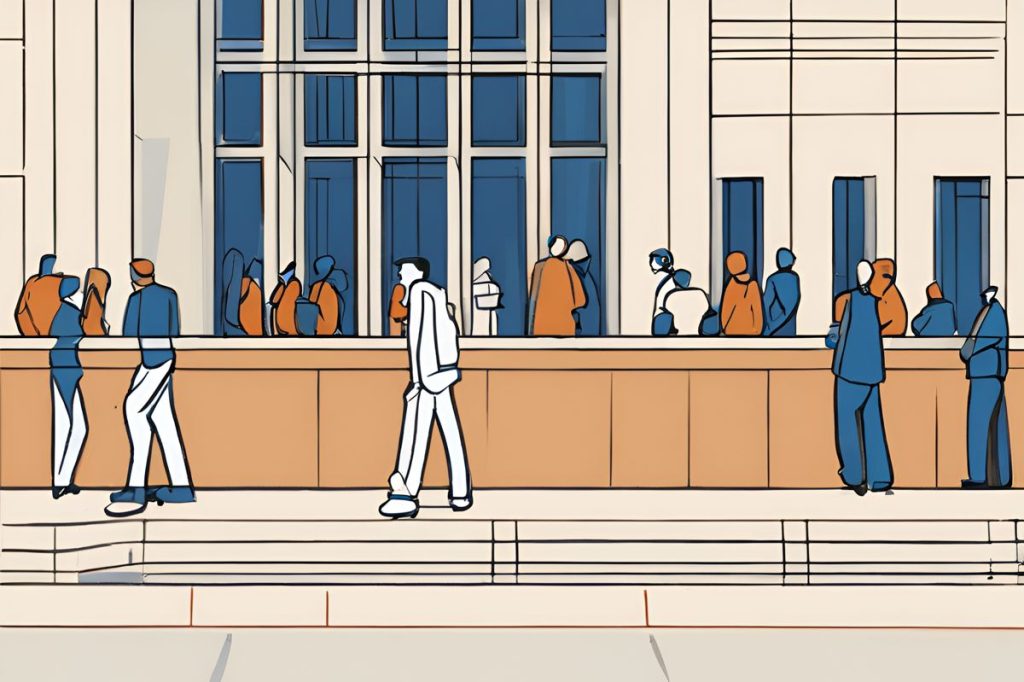The third inquest into national guardsman Thanasis Nikolaou’s death is nearing its conclusion, with potential foul play emerging as a key focus following the exhumation of his remains in 2020. Allegations of a cover-up have spurred demands for transparency, while procedural delays have complicated the quest for justice in this high-profile case.
What are the key developments in the third inquest into Thanasis Nikolaou’s death?
The third inquest into Thanasis Nikolaou’s death has revealed potential foul play, prompted by new forensic insights from the exhumation of his remains. The coroner is reviewing written arguments and is expected to announce a decision soon. Allegations of a cover-up have spurred demands for transparency, and procedural hurdles have delayed the conclusion of this high-profile case.
The prolonged quest for answers in the mysterious death of Thanasis Nikolaou seems to be approaching its final chapter. The 26-year-old national guardsman’s demise has been shrouded in ambiguity since his body was discovered under Alassa Bridge on September 29, 2005. Following the exhumation and examination of Nikolaou’s remains in 2020, a third inquest was prompted, yielding revelations that suggested foul play rather than suicide.
As the inquest moves towards a close, the coroner is expected to announce a decision soon. The court had previously urged the involved parties to submit their arguments in writing, which are currently under review. The coroner’s verdict is highly anticipated, especially by advocacy groups and the bereaved family who have long sought clarity and justice.
Support and Advocacy
Emotions run high as the community anticipates the end of this chapter. The Pancyprian Committee of Mothers – Relatives of the National Guard (Pemse) is slated to attend the proceedings, a show of solidarity with the Nikolaou family. This support highlights the case’s impact on a national scale, where it has stirred conversations about military safety and the handling of such incidents.
The inquest revisited evidence and testimonies, including those previously overlooked. The exhumation provided critical forensic insights that pivoted the case’s direction towards investigating a potential homicide. As the truth unfolds, it brings a mixture of hope and angst amongst those who await closure.
A Call for Transparency
Throughout the inquest, allegations of a cover-up have surfaced, with claims of conspiracy echoing in the courthouse. A former district court investigator openly accused parties of conspiring to conceal a murder, casting a shadow over the legal proceedings. This accusation has galvanized a demand for transparency and a thorough investigation among the public.
The judicial process has encountered several delays due to new evidence and objections, complicating the drive for a swift resolution. Despite initial aspirations to expedite the inquest, the intricate weave of legal and investigative processes has prolonged the journey to justice.
Ongoing Challenges
The road to the coroner’s final decision has been fraught with procedural hurdles. Both the legal service and the family’s lawyers have presented numerous new requests and objections, reflecting the case’s complexity. The initial hope was to conclude the matter before the year’s end, but the reality of legal intricacies has extended the timeline.
The community, along with the Nikolaou family, eagerly awaits a resolution that has been over a decade in the making. The expectation is for a fair and just outcome that not only sheds light on the circumstances surrounding Thanasis Nikolaou’s death but also serves as a precedent for future transparency and due diligence in similar cases.
What prompted the third inquest into Thanasis Nikolaou’s death?
The third inquest into Thanasis Nikolaou’s death was prompted by new forensic insights obtained from the exhumation of his remains in 2020. These insights suggested potential foul play, leading to a reexamination of the case and a shift in focus towards investigating a homicide rather than suicide.
What are some key challenges encountered during the inquest process?
The inquest process has faced challenges such as procedural delays, new evidence surfacing, and objections raised by both the legal service and the family’s lawyers. These challenges have complicated the quest for justice and have extended the timeline for reaching a final decision in the high-profile case.
How has the community shown support during the inquest proceedings?
The community, including advocacy groups like the Pancyprian Committee of Mothers – Relatives of the National Guard (Pemse), has shown support by attending the proceedings and standing in solidarity with the Nikolaou family. Emotions are running high as the community awaits closure and justice in this long-standing case.
What impact has the allegations of a cover-up had on the inquest process?
Allegations of a cover-up, including claims of conspiracy to conceal a murder, have cast a shadow over the legal proceedings and spurred demands for transparency. These accusations have complicated the drive for a swift resolution and have highlighted the importance of thorough investigation and due diligence in similar cases.

